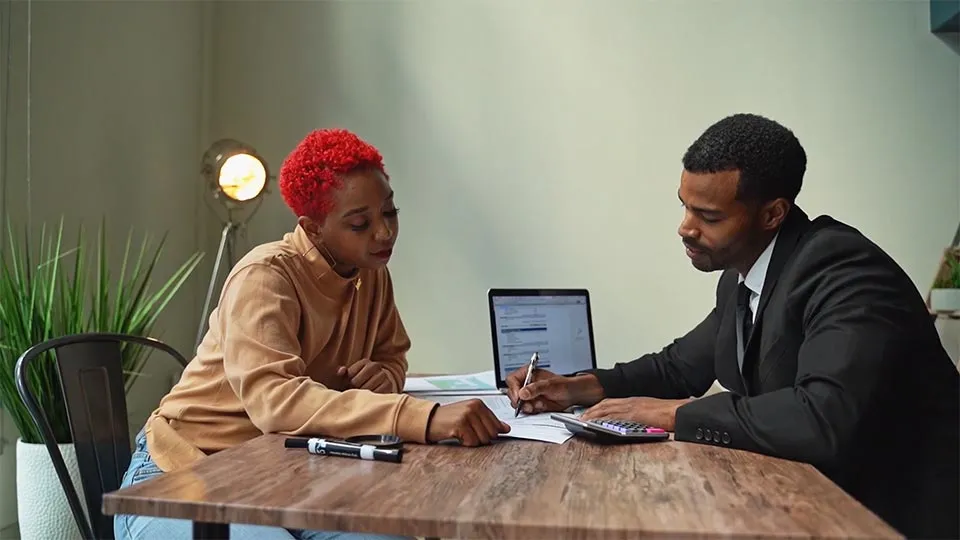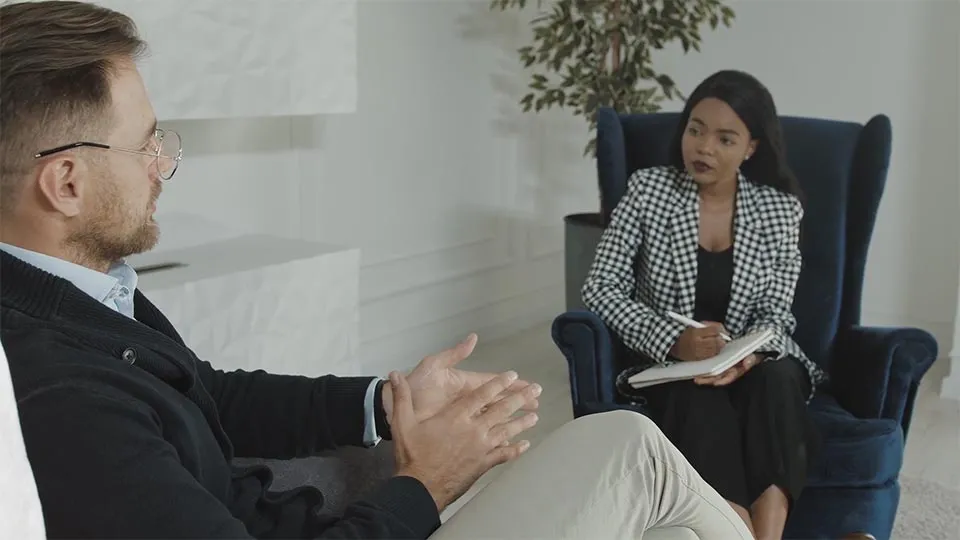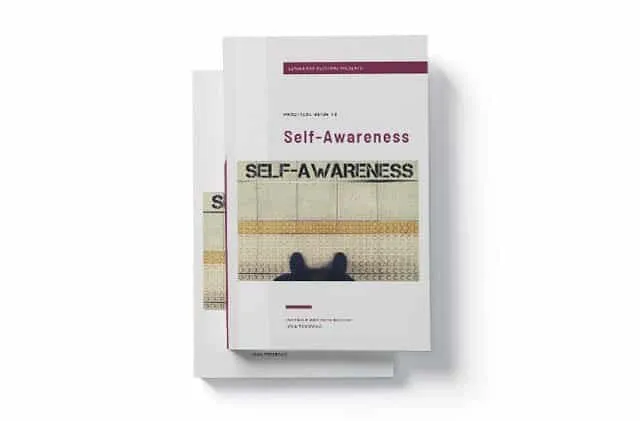Leadership is not a title. Leadership is an attitude and behavior, and the way leaders live their lives. There are many leadership habits that can help make us more effective leaders and have a greater impact on those around us.
In this article, I will cover 9 essential leadership habits that will make you a more engaging, empathetic, and effective leader.
If you want to be seen as someone who can set the tone in your workplace and inspire people to do their best work every day, then these leadership habits are ones that will help get you there.
Build trust with employees and colleagues
I remember early in my career when I got into the first supervisory role. I was anxious about asking my people to do something. It felt like such an enormous responsibility, and there were so many ways it could go wrong.
One of the most important leadership habits you can develop is building trust. Building trust in teams makes it easier for people to work together, be vulnerable around each other, and share ideas freely without fear of being judged or ridiculed.
People feel they are working in an environment where everyone has their best interests at heart when there’s a level of trust present.
Establish an environment where people can succeed
As you continue building trust, you are enabling people to thrive. They will feel comfortable and confident enough to take on new challenges, innovate, and come up with new ideas. You can build a culture of innovation by giving people the time and space they need for that work, while also supporting them in their efforts.
It’s important to remember that no two people are identical. Some need very little direction—a broad concept and they’re off. Other people require a lot of explanation and discussion before they grasp what they’re supposed to accomplish.
Your goal is to provide your people with what they need to be successful. This way, you build even more engagement and loyalty with your people.
Recognize success
Recognizing success is one of the most common and successful habits exhibited by leaders that inspire others. Employees need to know that you will recognize and acknowledge their efforts to encourage them to give their best.
It’s crucial you find ways to celebrate the small wins and the big ones. Give praise to those around you and thank them for their work. Be specific with your compliments; “you did a great job on that project” is much more effective than simply saying ‘good job’.
Use people’s names when giving praise. This will set you apart from others who use vague terms like ‘great’ or generic phrases like ‘thanks everyone!’

Show integrity
A leader with integrity relies on their principles to guide their actions, behavior, and interactions with others. People respect them for being genuine, principled, ethical, and consistent because they have strong convictions about what is right and wrong.
I always remember the good old saying, even though it may be a cliche, do the right thing, even when no one is watching. That’s why I place integrity at the top of my values list.
It’s incredible how integrity transforms people and teams. As an effective leader, you can show integrity by keeping your promises, communicate openly and honestly, and establish consistency in your actions.
If you want to win the respect of your people, show integrity in your everyday behaviors. You will build a culture of loyalty, confidence, and respect within the organization. While it’s crucial that you build those, there’s a habit that you need to build hidden in plain sight.
Be a good listener
I am a quick learner. That wasn’t always a good thing, especially during my early twenties. Because I picked up skills fast, I would end up not listening to people half the time, believing that I already know most of the things they are talking about.
Whether you know the topic people are talking to you about, it’s crucial that you actively listen to them. As a good leader, you should always be prepared to listen to your people. You can learn how your people work because of this, identify their strengths and shortcomings.

It’s not just about having a good ear and being patient. It means that you have to show your interest in what they are saying, ask them questions about the topic, to understand it better.
Be prepared whenever someone wants to talk to you. Chances are there will be something valuable you can learn from them, or at least they will bring some fresh perspective on a situation or a challenge. Talking about challenges.
Encourage and inspire others
When I started working in hospitality industry more than a decade ago, I quickly discovered that it is one of the most challenging environments to work in. I remember how easy it was to get burned out and discouraged. The daily hustle of working long hours, trying to please customers while juggling multiple tasks, can be exhausting.
Empathetic leaders really care about well-being of their people, and they are always encouraging them. That way, you will make them feel valuable, which will help you better understand how to motivate them.
Continually remind them how their efforts make a difference and encourage them to reach their full potential with meaningful objectives and challenges.
Set clear expectations and boundaries
Encouraging people and inspiring them to take action is only one part of the puzzle. While it’ll be great for them to take action, it’s essential for you as a leader to set clear expectations.
People need to know exactly what they should do, when it needs to be done, and how you want them to accomplish the task. If people are not sure about any of these things, their work is likely going to suffer or even fail completely.
You also need to set boundaries for your team members; this includes, but definitely isn’t limited by deadlines, working hours, communication protocol and others.

It’s important that everyone on your team knows where they stand with these criteria, so there won’t be any confusion down the road. You don’t want someone thinking one thing while another person thinks something else entirely!
As effective leaders, setting clear expectations and boundaries will promote the culture of openness and trust you want to create among your team. It also shows people you value them, which will make them more motivated and engaged in their work. The thought or feeling of being motivated and engaged brings back memories.
Ask for help when you need it
Those memories of the early days of my hospitality career are always fun to revisit. Mostly because they keep me grounded. I mentioned to you earlier that I’m a fast learner. While that was true, I came into an industry I had no experience in.
I went from knowing nothing about the industry to being responsible for creating a successful hospitality business.
I was lucky enough to have mentors who gave me advice and coached me through my hospitality journey. As an effective leader, it’s important to ask for help when you need it. You can’t know everything, and as a leader it’s important to recognize your shortcomings.
Effective leaders across the world always talk about asking for help when you need it. Elon Musk asks questions till he fully understands something. He doesn’t stop until he knows how things work inside out! Jerry Seinfeld has said that if someone tells him they’re bad at remembering names, then he’ll put his arm around them and say “You are good at so many things—why worry about this?”
Asking for help is not a sign of weakness. In fact, it’s a sign of strength. It shows that you’re ready to learn and make yourself better as a leader by using the knowledge of those around you. Using the knowledge of those around you will help you build your skills faster.
Seek feedback from others and be open to it
Once you learn a new skill, or complete a task, it’s important to know how you did and if there are things you can improve on. Feedback is a powerful tool that enables you to learn and grow, which is why it’s important that we don’t ignore or dismiss feedback from others.
Feedback can be tricky and asking the right people will make a lot of difference. You need to have a balanced perspective. Ask people who know you well and also ask someone from outside your team or company. That might give an even more objective point of view in feedback you’re receiving.
Asking the wrong people will lead to biased feedback where they just sugar coat things in order not to hurt your feelings or cause any conflict within the team. It’s important that when asking for feedback, you can accept it at face value with no defensiveness attached.

In other words, if there is something negative about yourself being said, don’t automatically assume they are trying to hurt your feelings, but instead try to think about it.
- Why does this person feel this way?
- What could I do better next time?
- Is there anything valid here that I should pay attention to?
This kind of open-minded thinking will provide opportunities for more effective communication, greater organizational alignment, and more effective decision-making. Just by asking for feedback.
Leadership habits transform people and organizations
Whether you’re leading a team of employees, students, or family members—there is no denying the importance of developing and maintaining good leadership habits.
The most effective leaders are often the ones who have shown great character and integrity while still being collaborative, listening to others, and encouraging people to succeed.
If you want your team members to trust in their leader, then it’s important that they see the same level of consistency from you.
It can be challenging at times because there is no blueprint for success, but by using these leadership habits, any organization will become more successful with time.
What about you? What are your leadership habits? Do you have any other tips on how to create healthy habits for leaders? Let me know in the comment section. I’m excited to learn more from you.







